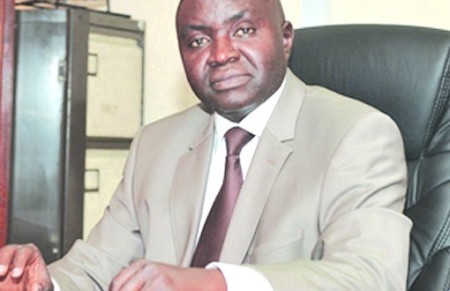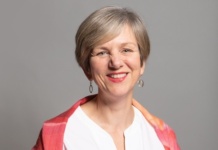A diplomatic row seems imminent between the United Arab Emirates (UAE) and Nigeria, following a directive by the country’s central bank prohibiting Nigerians who do not work there from operating accounts in any branch of their local or foreign banks.

Nigerian journalist, Fidelis Mbah, disclosed this on Thursday May 7, 2015 with a series of tweets on his twitter handle, even as observers believe the move is partly to check money laundering activities of Nigerian politicians, a situation they say, has become common.
According to Mbah, those affected by the new policy include Nigerian politicians, students and business operators in the UAE.
Already, he continued, UAE banks have sent out notices to some of those affected, informing them that their accounts in the country’s commercial capital have been closed without further explanation.
Continuing, he said “some Nigerian politicians have been hiding under the pretext of paying children school fees to smuggle millions of dollars into the UAE.”
To signpost the seriousness attached to the directive, all such Nigerians whose accounts were closed following the policy, have been issued cheques equivalent to the amount they have in their accounts.
Also, all account holders reportedly have five working days to cash their monies or forfeit them.
Reacting, Director General of the Lagos Chamber of Commerce and Industry (LCCI), Muda Yusuf, told Nigeria’s Daily Independent by telephone on Thursday night that the decision is commendable, and must have resulted from a realisation by the UAE financial authorities that so many slush funds laundered globally flow through Dubai, a major financial hub. This, he noted, is why there is the possibility that corrupt people would want to take money from their countries and put it there before now.
He said the decision would bring sanity to the movement of funds globally, noting that the way to curb corruption is to holistically check the movement of money.
He also noted that unlike in the U.S and in Europe where it has become difficult to move money around, all attention has been on taking such funds to Dubai. But since it is becoming difficult to take the money to there now, we should now see how they will launder it locally.
“The tighter it is for them the better for all of us,” Yusuf enthused.
Kehinde Phillip, a chartered accountant, also welcomes the development, as “it will be to the advantage of our country. Stacking money in another country will add pressure to the U.S Dollar.
“With the new measure, Nigeria will be able to conserve more foreign exchange to the benefit of its citizens,” he said.
For Anor Anyanwu, former Executive Director of Mainstreet Bank, the action would affect “those who are not clean and I believed that before such a decision should be taken, the authorities in Dubai would have done their due diligence and ‘Know-Your-Customer (KYC). Those whose money are clean should not fear, but those involved in illegitimate activities” are the targets.
When asked what the government of Nigerians should do as a follow up action, Anyanwu said the Federal Government can request from the UAE authorities the list of its citizens involved, “I am sure that those involved may have stolen the money from government. Though, it may take a long time to do this, considering the laws in Dubai, but I am sure the country can benefit from it too.”
He, however, stated that some banks in the country also routinely conduct KYC exercises and take drastic steps too.
Responding, Rasheed Alao, a lecturer of Economics at the Adeyemi College of Education, Ondo, said the decision is welcome, at a time Nigerians are expecting the incoming government of Muhammadu Buhari to fight corruption.









